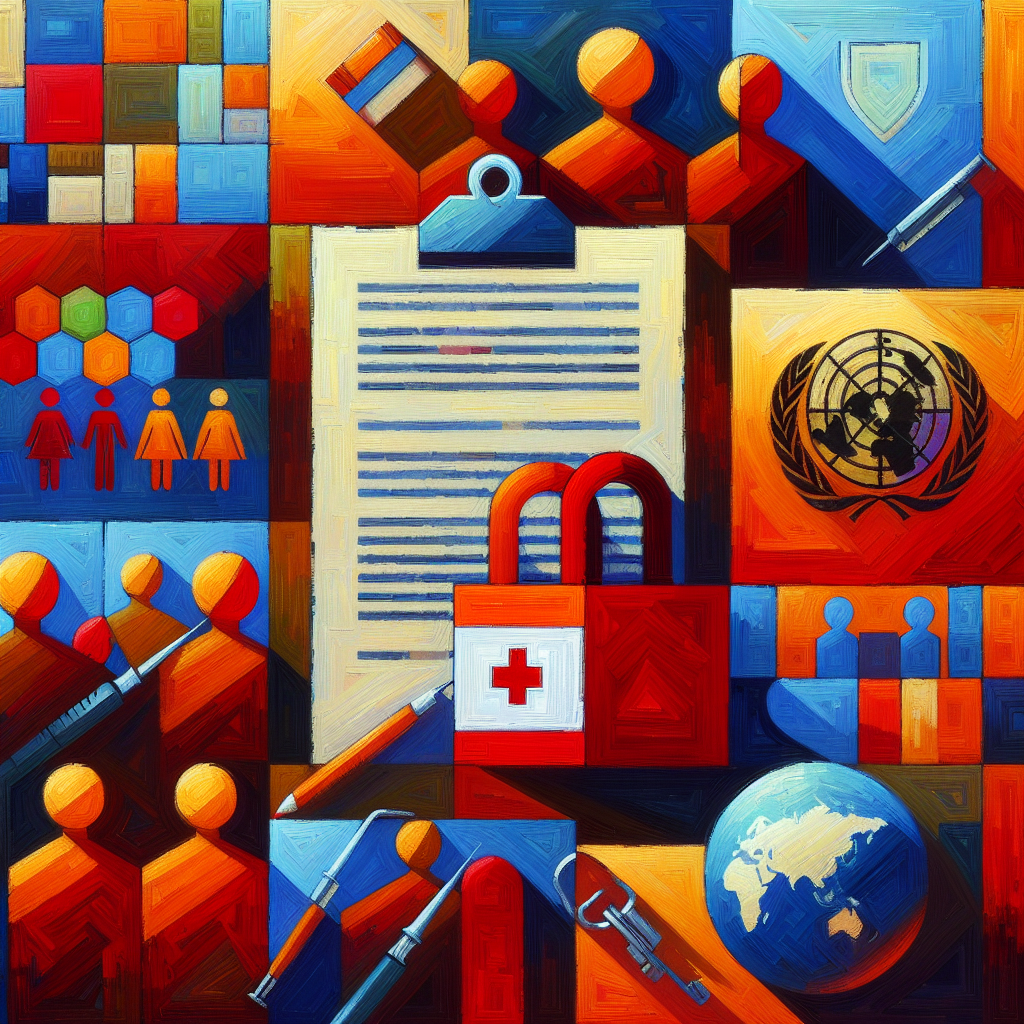
The press statement from UNAIDS, dated October 2, 2024, highlights Gilead’s announcement regarding the breakthrough HIV medicine lenacapavir, offering several key insights and points of contention. UNAIDS welcomes Gilead’s decision to license the HIV medicine lenacapavir for generic production. This move is seen as crucial in stemming the tide of new HIV infections, particularly among young women and marginalized communities.
Access and Affordability
UNAIDS emphasizes the necessity of ensuring that lenacapavir access affordability. They applaud Gilead for licensing the medicine without waiting for registration, which could expedite its availability. However, UNAIDS expresses concern that the current licenses exclude many middle-income countries, where a significant portion of new HIV infections occur. They urge Gilead to secure further licenses to enhance access in all low- and middle-income nations.
Pricing Transparency
UNAIDS calls for Gilead to disclose the specific price of lenacapavir while providing full transparency on their costs. Researchers have suggested that lenacapavir could potentially be produced and sold for as little as $100 per patient per year, or even $40. This transparency is vital for ensuring that lenacapavir is both affordable and accessible.
Manufacturing and Sustainability
UNAIDS stresses the importance of manufacturing lenacapavir in African countries. They focus on countries with high HIV rates, to ensure the sustainability of supply. They suggest that involving manufacturers in countries like South Africa, which has a strong production capacity, would be particularly beneficial.
Treatment Use and Licensing
UNAIDS appreciates that Gilead’s license includes treatment use. However, they urge the company to remove the current limitation to “heavily treatment-experienced patients.” Doing so would allow for more flexible use of lenacapavir in treatment regimens and support scientists and manufacturers around the globe.
Global Commitment
The statement reaffirms UNAIDS’ commitment to ending the AIDS epidemic by 2030 as part of the Sustainable Development Goals. They emphasize the need for leaving no one behind to unlock the full potential of lenacapavir and protect a generation from HIV.
In summary, while UNAIDS is optimistic about the potential of lenacapavir to dramatically improve HIV prevention. They highlight critical issues that must be addressed on lenacapavir access affordability. By focusing on affordability, manufacturing, and treatment flexibility, they believe lenacapavir can indeed make a significant impact in the fight against HIV.
